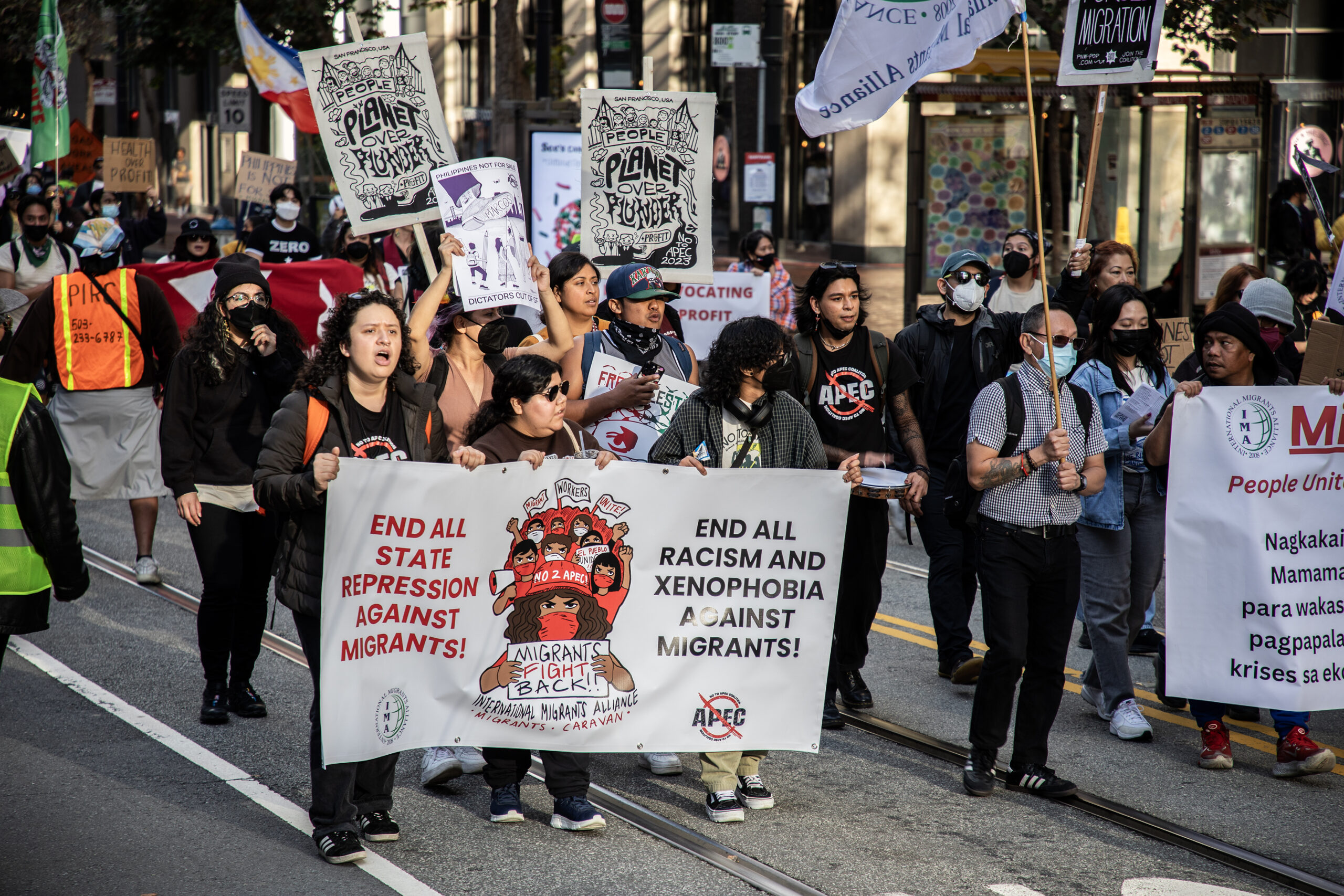

San Francisco has made significant efforts to clean up its streets ahead of the Asia-Pacific Economic Cooperation (APEC) forum, which has attracted global leaders. The city, which has been struggling to recover from the COVID lockdowns, has taken steps to address issues such as vacant offices, declining customers, and a surge in drug overdoses and homelessness. However, these efforts have been criticized for their superficiality and failure to address the underlying problem of affordable housing [5993e458].
In preparation for the APEC event, homeless encampments have been removed, and temporary shelter has been offered to those living in them. Law enforcement officers have also been deployed to police the areas. While these actions may improve the appearance of the city, they have been seen as displacing vulnerable individuals without providing adequate support [5993e458].
The APEC event is expected to draw over 20,000 people, including world leaders, ministers, and industry leaders. One of the most anticipated events was the meeting between US President Biden and Chinese President Xi, which took place at a secluded country estate. While the talks won't resolve the US-China standoff, they indicate a desire to stabilize the relationship [5993e458].
The media coverage of the APEC summit in San Francisco has also faced criticism for its superficial narratives and failure to address underlying issues such as economic inequality and homelessness. The focus on the conference preparations, such as clearing homeless encampments and cleaning the streets, without providing support for the unhoused population, is seen as displacing vulnerable individuals. There is a need for more comprehensive and critical reporting on important issues, urging the media to delve deeper into the complexities and underlying causes of problems like economic inequality and homelessness [082f44a3] [5993e458].